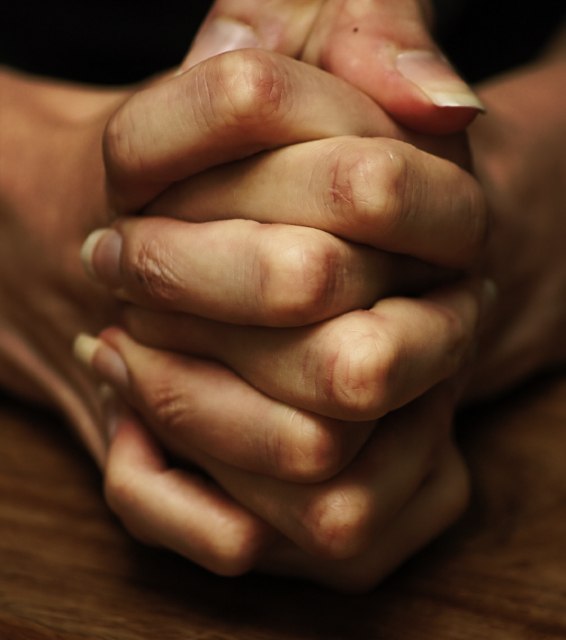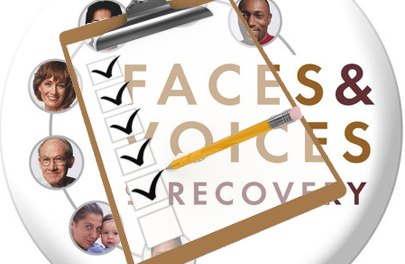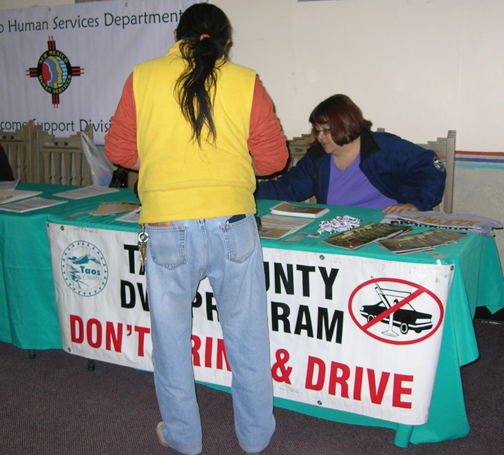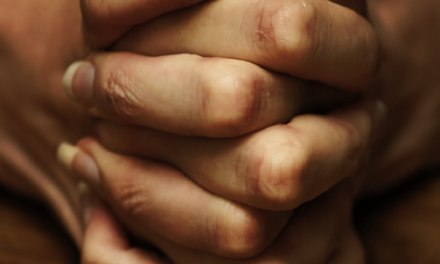I’ve run across a number of fascinating case studies written by the folks who happened to experience them. Overall they’ve been quite informative (some more than others) and extremely well-written. Here’s one that involves a woman at the end of her rope due to longstanding severe anxiety. As the story begins, she’s finally ready to consider a radical new therapy, involving psychedelic drugs. In this instance, ketamine.
Yes, the so-called “club” drug, along with LSD, MDMA (AKA Molly), rohypnol (Roofies), GHB, and whatever else is making the rounds at the moment. I have seen some small studies that appear to support ketamine’s usefulness in the treatment of persistent depression, but not chronic, treatment-resistant anxiety. Still, the writer reports, her own sister, a “Yale-trained psychiatrist”, expressed approval. “It’s worth a shot,” were her exact words. Not so much an expression of hope as of desperation.
I’ll let the patient explain. “I had come to believe over several years that my anxiety wasn’t going to be talked or meditated away…I’d spent countless hours in therapy. Nothing was working.” it’s end-of-the-road reasoning. You’ve tried everything else.
The idea behind the therapeutic use seems to have been to employ ketamine much in the manner of other hallucinogens, to launch a psychedelic ‘trip’ under psychiatric supervision. Use a few hours under the influence to explore various aspects of the patient’s personality, in hopes of gaining insight.
Interestingly enough, this woman’s anxiety had since childhood been focused on a deep, phobia-like fear of illness. Having children had made things worse. Her anxiety for their welfare went way beyond the ordinary fears of new parents. It clearly disrupted her level of function – the usual sign of pathology.
“After an encounter with the medicine,” she writes, sounding hopeful, “a doctor trained in this type of therapy would talk me through ― or integrate ― the experience to explore whatever came up during the journey. That part, I understood, was where the true healing came.”
So the plan was set. But then, coronavirus hit, like the really scary monster of her dreams. At first she was able to reassure herself – this was just another flu season, the family was healthy, it didn’t seem to endanger children anyway…
That wore off as reports continued to roll in. She began to recognize how vulnerable everyone was to something about which so little was known.
Oddly enough, with that recognition came a psychological change. This time, she realized, she was not in control. The virus would determine the ultimate outcome. Do what she could – and apparently she did everything she could – it was still entirely possible it wouldn’t be enough.
And on some deeper level, she surrendered to that powerlessness. It brought with it a strange sense of peace. How she put it: “This could be my journey. If there were ever a semi-mystical, completely surreal and mind-altering experience that proves undeniably how little control I have and yet delivers me on the other side more whole, coronavirus is it… soon enough, we will reenter the world and I will have to see if my newfound calmness holds strong. I may still choose a psychedelic journey to help me with anxiety one day, but I’m starting to think maybe, just maybe, it won’t be necessary.”
To me, that sounds like something we’ve all seen in addiction recovery – that point where someone stops fighting for control, accepts a new reality, and moves beyond simple acceptance to something more lasting.
Here’s the link to the story – worth a read:













